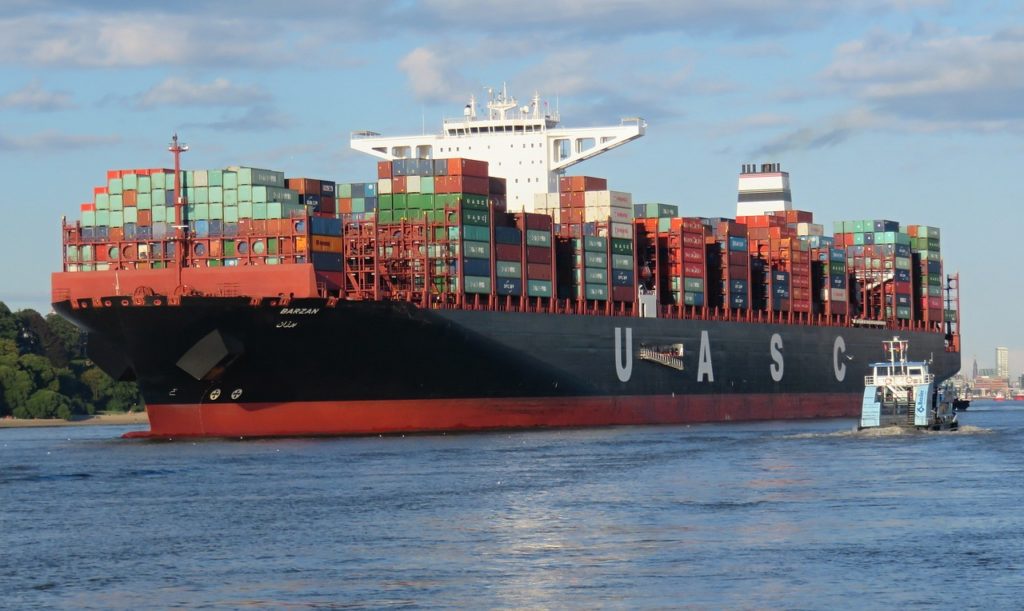Between 2007-2012, Latin America and the Caribbean region grew at a slower rate than most other parts of the world due to regulatory and institutional facets of national public policy in the region. One of the worst performing areas during the time period were transport
infrastructure and logistics services, which in turn had a negative effect on the commercial development of the region.
The Andean Development Corporation therefore funded an investment analysis on the Latin American land transport sector for 2040 to assess to what extent the lag in road quality and availability represented a barrier to both external and internal trade and what effect it had
on the cost of transport and logistic services in the region.
The project was divided into three reports. The first report defined the current situation: the methodology of performance and sustainability indicators and foreseeable impacts of new technologies in the 2040 horizon. The second report consisted of an analysis carried out on the land infrastructure gap by Latin American and Caribbean (LAC) countries, differentiating between the horizontal (OECD objective) and vertical (BAU – Business as usual) gap. This gap defines the current level of supply and the need for future investment in LAC countries. The third report defined the Sectorial Agenda CAF horizon 2040 through a diagnosis of the current situation (challenges and trends) and intervention strategies (actions and projects).
Finally, the project prioritization methodology for CAF was created in the portfolio of LAC countries.
Client: Andean Development Corporation (CAF)
Period: 2018-2019










